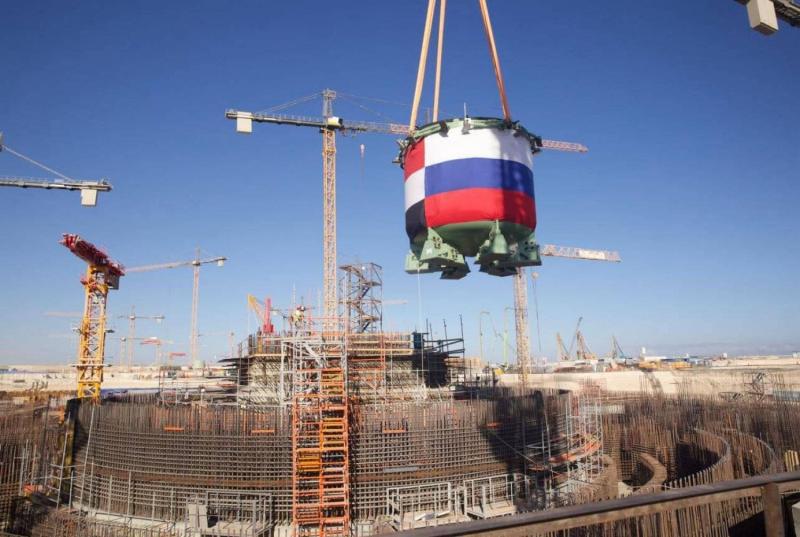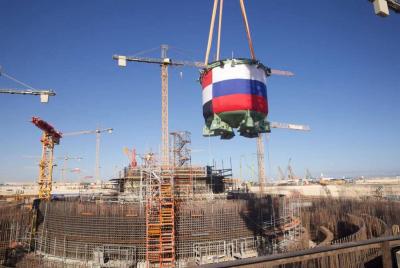A documentary film published by the Egyptian presidency on its official YouTube account stated that the Egyptian dream of possessing a peaceful nuclear program to generate electricity began in the 1950s. In 1981, the site at Dabaa, located in Marsa Matrouh Governorate on the Mediterranean coast, was designated for the establishment of the first nuclear power plant. In 1983, Egypt issued an international tender to construct a nuclear power plant there with a capacity of 1000 megawatts, and bids were evaluated and negotiations took place throughout 1984 and 1985. However, before the announcement of the winning bid, the Chernobyl disaster occurred in Ukraine on April 26, 1986. Although the Chernobyl reactor was of a completely different type than what Egypt was planning to build, the project was halted.
In 2015, Egypt signed an agreement with the Russian state company "Rosatom" for cooperation in establishing the power plant at a cost of $25 billion, provided by Moscow as a facilitated government loan to Cairo. In December 2017, President Sisi and President Putin signed the final agreements for the construction of the Dabaa plant during the Russian president's visit to the Egyptian capital. The Dabaa plant, considered one of the largest electricity generation projects in Africa, will consist of four nuclear reactors with a total capacity of 4800 megawatts, equating to 1200 megawatts for each reactor. The first nuclear reactor is scheduled to start operation in 2028, with the other reactors to follow subsequently.
According to the documentary, the plant will feature the latest third-generation advanced reactor "VVER 1200" with a Russian design that meets all safety requirements. The project is being implemented by experts from "Rosatom" in collaboration with the Nuclear Power Plants Authority.
### Importance of the Plant
Upon completion, the plant will add over 35 billion kilowatt-hours of electricity annually at a low cost, while also providing new job opportunities for Egyptians. Egyptian President Abdel Fattah al-Sisi stated that "the global energy supply crisis underscores the importance of Egypt's strategic decision to revive the peaceful nuclear program for electricity production as it contributes to providing safe, cheap, and long-term energy supplies; and may reduce reliance on fossil fuels and avoid price fluctuations."
Sisi noted that incorporating nuclear energy into Egypt's electricity generation mix is vital for meeting the growing electrical needs necessary for economic and social development plans; it also contributes to increasing dependence on new and renewable energy, achieving environmental sustainability, and addressing climate change.
### Economic Concerns
Many experts and Egyptian citizens are concerned that this project may exacerbate the economic crisis in Egypt due to its high cost. The Russian loan, which has a 22-year term at an annual interest rate of 3%, is expected to begin repayment in 2029. The Egyptian Information Authority stated on its official website that "Egypt's entry into the nuclear club means that the Egyptian economy is entering a broader and larger field, and there will be direct benefits for our electricity production. It will also allow for diversifying sources of alternative and relatively cheap renewable energy, reducing dependence on oil and gas, and shielding it from price fluctuations."
It also confirmed that the project will create job opportunities for tens of thousands of Egyptians and will be one of the main drivers for Egypt to achieve sustainable development goals and progress.




